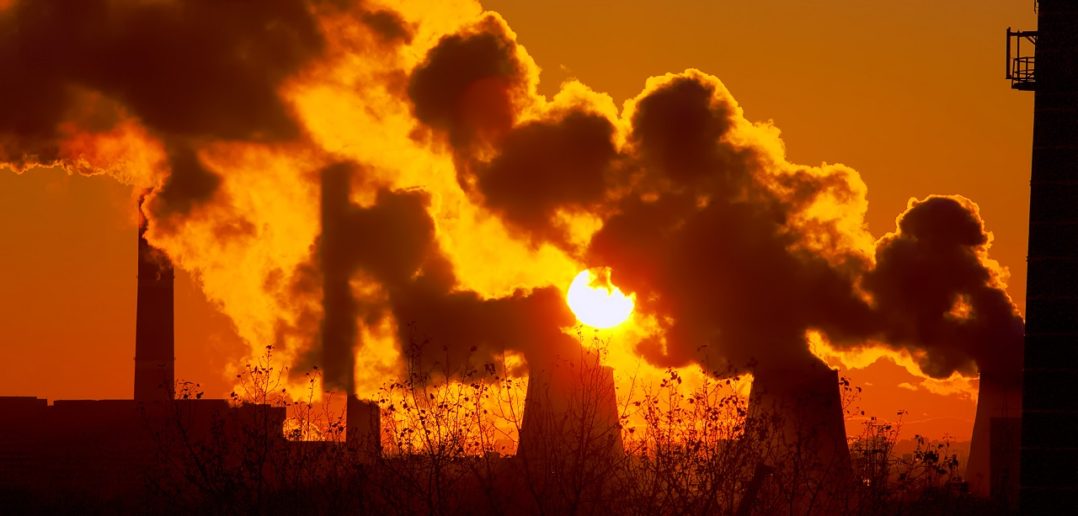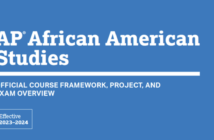The Article below was published in Vol. 136, Issue 7 of the Lake Forest College Stentor on April 2, 2021.
Clara Biolo Thompson ’22
Staff Writer
As the recent extreme weather events in Texas demonstrate, climate change is taking hold in the United States. Extreme weather has just begun plaguing unexpecting and unprepared communities, leaving many in peril. Lake Forest College students are not in the clear, as these extreme weather patterns will drastically alter the Chicagoland area over the next 50 years.
Julia Janowski, a Midwest native, recently moved to the Houston suburbs for her first teaching position. Little did she know during her first year she would be cooking on a camp stove on her apartment balcony, trying to stay warm in plunging temperatures. “Like everyone else I didn’t expect it to get as bad as it did,” Janowski recounts. It started with cell service and Wi-Fi dropping, then was followed by power outages and water backups. Janowski and the Houston area went without power for two days and clean water for four. When returning to school the following week, Janowski stated that for many of her students it was traumatic and “reminiscent of lockdown.”
These climatic changes are not unique to Texas and are not a new phenomenon. Climate scientists and historians around the world have been tracking similar events for decades. Dr. Donald J. Wubbles, a professor of atmospheric science at the University of Illinois and previous climate scientist for the Office of the President, is currently publishing an article on the effects of climate change in Illinois. Wubbles’ research shows that changes in climate in Illinois and the Great Lakes will affect the Chicagoland area in numerous ways, including an increase in rainfall and flooding and a wider range of temperatures. When discussing the Texas power outages in relation to Illinois, Wubbles stated, “Frankly there is a lack of consideration of what is happening with the [E]arth’s climate.” In Texas specifically, there have been power outages and recommendations to update the state’s power grid. These requests were ignored and the worst happened because of it.
This is similar to issues affecting the Great Lakes and Chicago, such as Pipeline Five, a 65-year-old oil pipeline that stretches below the Straits of Mackinac. Scientists and engineers have been advising its replacement but it has been left untouched because of the influence of the large oil company, Enbridge, which owns the pipeline.
Dr. Harold Platt of Loyola University Chicago and author of Sinking Chicago expanded on Dr. Wubbles’ claims, stating, “Chicago will experience not only greater thunderstorms, but also bigger snowstorms, heat waves, and droughts.” And as these changes occur, biodiversity and plant life will move, but human life will be drastically affected. Platts’ book specifically covers the fact that Chicago was built on a swamp. To create the city the natural draining pathways were cemented over leaving water with no place to go. Platt states policymakers are fighting about how to combat this detrimental issue. “There is a divide of those who advocate building ‘resilience’ against nature and those who want us to design with it,” Platt noted. This includes comparing rising lake levels and how homes use heat and air conditioning. Platt poses the question, should we fortify the lakefront and change the somewhat natural beauty of the Lake Michigan ecosystem? Or should settlements be moved to more locations? All of these questions must be answered because Chicago will not be left untouched.


